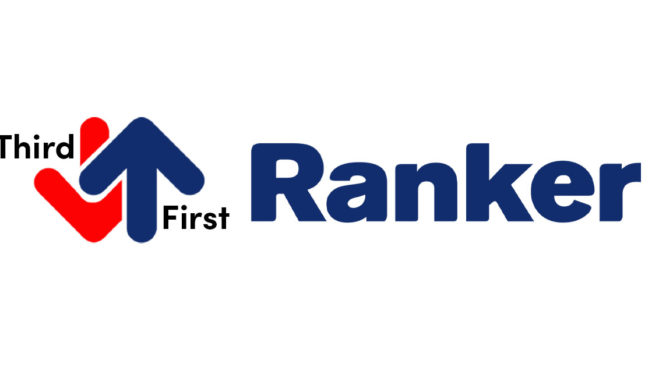“They have bigger fish to fry,” said Jana Meron, founder of ad-tech consultancy Lioness Strategies and former svp of programmatic and data strategy at Insider, adding that the issue is still significant. “The cookie is dying and the publishers’ most valuable asset is being taken advantage of by ad-verification companies.”
Old practice, new practitioners
Contextual scraping is raising publishers’ ire partly because the practice has only recently been deployed by content-verification firms. Some publishers had viewed these companies, which originated to help block invalid traffic and protect brand safety, as friends rather than foes.
“[Content-verification firms] bring you business and then you find out [they’ve] scraped your pages and are setting up a competitive angle into your business and undermining your efforts to stand up your own data,” said Scott Messer, a media consultant and former executive at The Leaf Group.
Two of the largest content-verification firms, Integral Ad Science and DoubleVerify, rolled out contextual targeting products called Context Control and Custom Contextual Solution, respectively, both in 2020. IAS revealed in its earnings call last month that 47% of its programmatic revenue in 2022 came from the tool, up from 38% in 2021.
The content-verification companies’ tools help brands find optimal contextual categories, such as auto enthusiasts, to place their ads, leveraging the same technology that crawls webpages to determine whether they carry brand safety risks. But such technologies do not ask publishers’ permission and may categorize their content inaccurately, the AOP alleges in its letter.
Publishers cannot easily disable content-verification firms’ web crawlers from their sites, as the brand safety checks they provide are considered table stakes in programmatic advertising.
Adweek has learned that the AOP has set up meetings with IAS on behalf of its members to ask if it would be possible to uncouple the contextual targeting function from its web crawler. Publishers were unsettled when IAS said the product was engineered in such a way that it couldn’t be unbundled, per a source familiar with the matter. More recently, IAS said it would look into whether it could re-engineer the product to allow for unbundling, but it was unlikely.
IAS and DV did not respond to requests for comment.
Whose context?
Not all would define ad-tech-sold contextual targeting as intellectual property theft. IAS and DV say their solutions are a way for publishers to earn more money.


